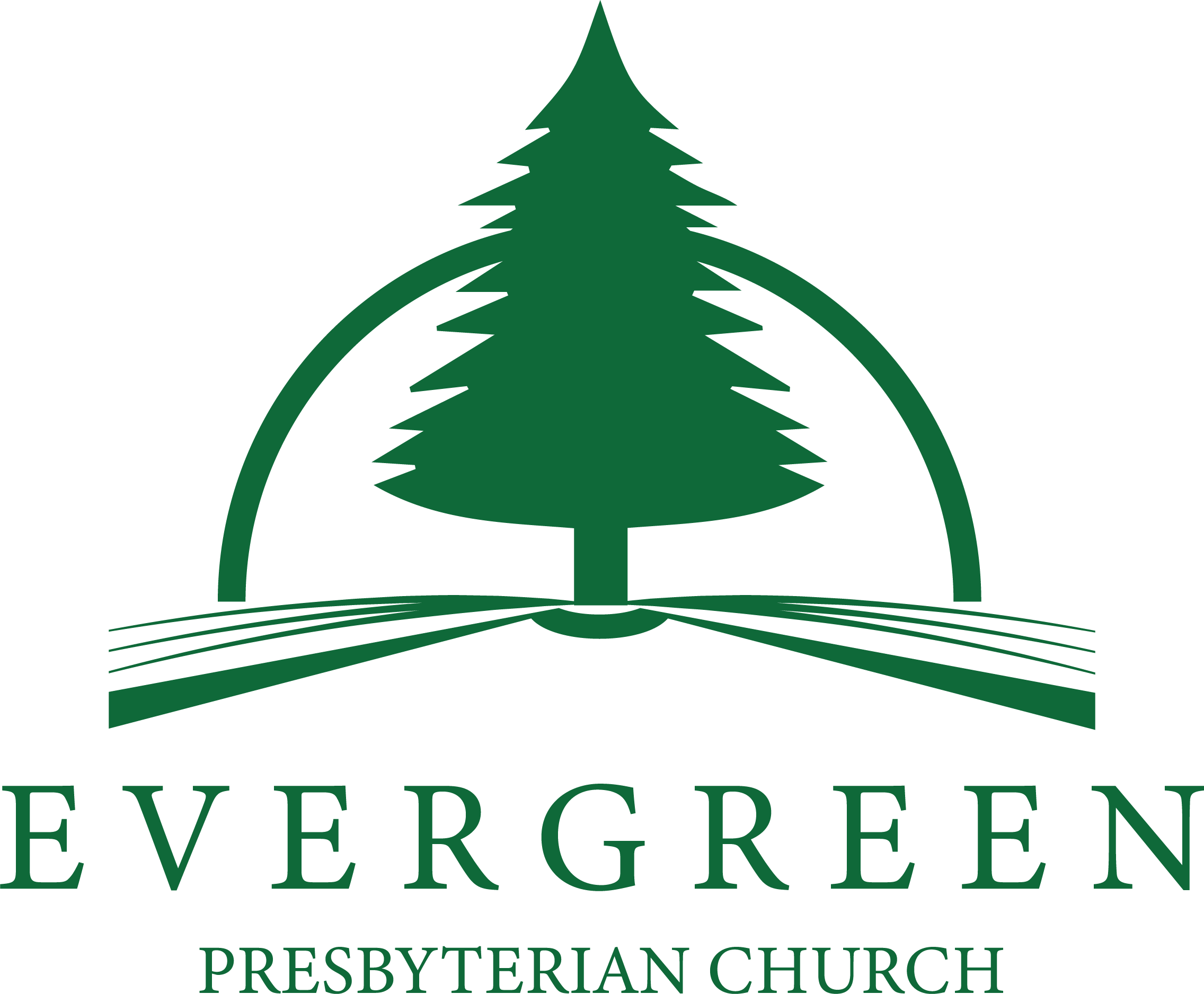During Sunday School it is my custom to recommend books to those in class. Someone today recommended that I put all of my book recommendations together in one place so that those interested could find all of them easily. What follows is the recommendations I’ve made in the course of this year’s Sunday School class with a little bit of what makes each book worthy of your attention.
A Biblical-Theological Introduction to the Old Testament: The Gospel Promised, edited by Miles Van Pelt
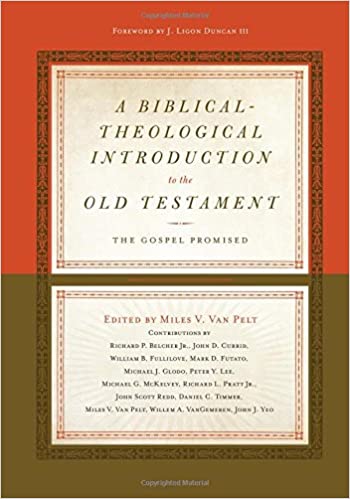
Edited by my Hebrew professor, Dr. Miles Van Pelt, this is a volume that contains contributions from professors from my alma mater, Reformed Theological Seminary. The entire book is an overview of the Old Testament from a biblical theological perspective. If you are looking for a solid overview of the Old Testament that highlights the unity of the Scriptures it would be hard to imagine a better resource.
Commentary on the New Testament Use of the Old Testament, edited by Beale and Carson
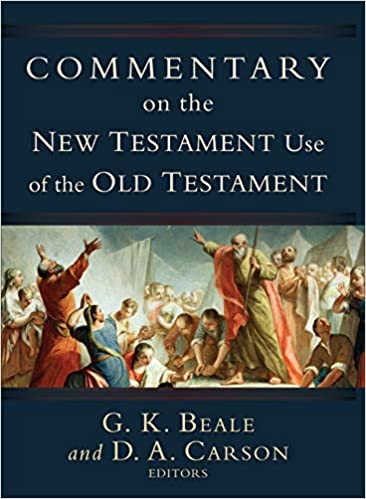
Perhaps the most essential single volume commentary in my entire library, I think it is correct to say I always consult this commentary with each sermon I prepare. This book not only offers a commentary on every New Testament passage that makes an Old Testament reference, but it also gives a commentary on the Old Testament passage to which the New Testament refers.
Providence, by John Piper
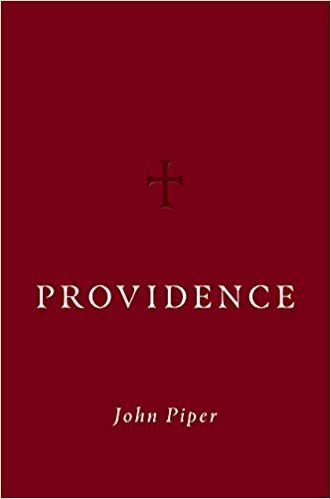
It’s becoming a bit of a cliche to call John Piper’s latest book his magnum opus, but in this case the size, combined with the subject matter make it difficult to think of a better phrase for it. Piper highlights the teaching of God’s providence and care over all of creation and shows not only the different things God is shown to be sovereign over from the text of the Bible, but he also shows how God’s providence is good news for his people.
What Happens When We Worship? by Jonathan L. Cruse
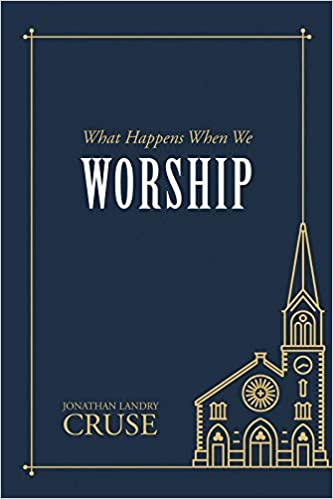
This is the volume I am pointing our church towards to help them understand how our church worships, why we worship, and what we believe about worship. In one book, he not only explains the rationale of the elements of worship including the call to worship, the invocation, the prayers, the songs, the sermon, the Lord’s Supper, and the benediction, but he gets at the motivations that bring us to worship.
Gentle and Lowly, by Dane Ortlund
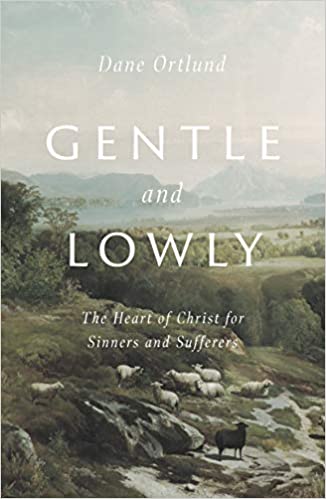
In Gentle and Lowly, Dane Ortlund does something really special: with great theological care and balance he highlights the inner disposition of Jesus as revealed in Scripture. Not only is it pastoral and thoughtful, but he does a great job introducing his readers to the tender heart of a variety of Puritan authors, showing the reader that the Puritans are probably not what you learned in school (unless you went to a good school).
Collected Writings of John Murray, Volume 3
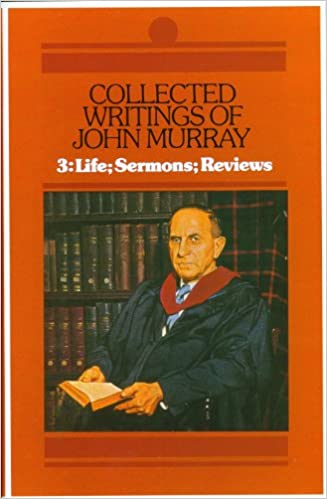
This book gets my recommendation for one reason: the first two hundred pages of it are an otherwise unreleased biography of Westminster Seminary professor John Murray by Iain Murray (no relation). John Murray was a scotsman who fought in World War I, losing an eye in battle. He loved the Lord and served him faithfully through some of the most tumultuous years of American Presbyterianism. His relationship with J. Gresham Machen is a huge highlight of this book. Perhaps some day this biography will be separately released by Banner of Truth, but until then, you have to buy this volume to get the biography.
Christianity at the Crossroads: How the Second Century Shaped the Future of the Church, by Michael J. Kruger
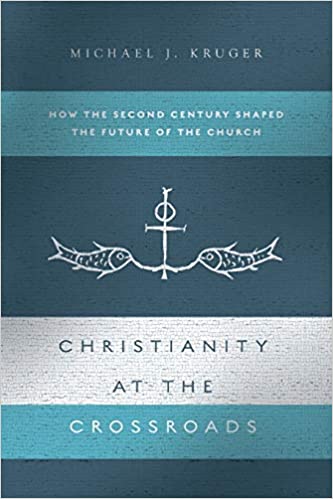
Christianity is weird. In fact, Christianity has always been weird! This (among other things) is the contention of Michael Kruger in this historical overview of the second century church. In this book he argues that the second century of the church was crucial even though it is largely not the favorite of church historians (most like to focus later when Christianity gained cultural power). In the second century, Christians were known for their sexual fidelity, for their unwillingness to worship false deities, and for their own worship of Jesus. That is to say, Romans believed Christians to be a social contagion that was deeply strange. We have a lot to learn from these brothers and sisters, and for that reason a book like Christianity at the Crossroads is truly important for Christians today who have less cultural power than they have in a very long time.
Call the Sabbath a Delight, by Walter Chantry
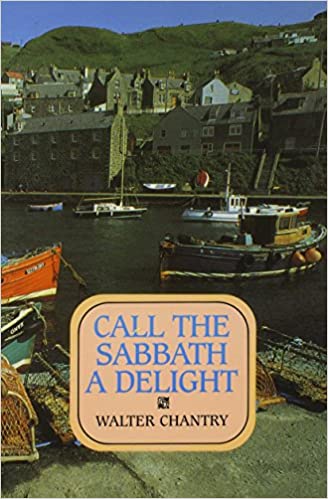
Over time, this has become my favorite book on the Lord’s Day. Inevitably, books about the Sabbath are longer than most people have the patience for. At only 100 pages, this book is completely readable and absolutely affordable. Chantry answers questions that many Christians have such as, “How can I keep the Lord’s Day holy?” or “Why don’t we still have the Sabbath on Saturdays like the Jews used to do?” But buried beneath these sorts of questions, this is ultimately a book about something that many Christians struggle with: how can I see the Lord’s Day as filling and joyful rather than draining and constricting? Chantry masterfully and concisely does a great service for the church with this book.
From the Finger of God, by Philip S. Ross
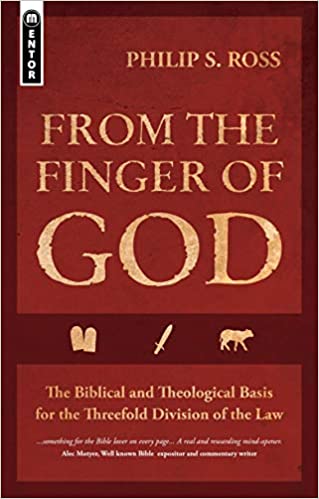
When we were talking about the law of God in Deuteronomy I spoke of the distinction between the civil law, the ceremonial law, and the moral law in Scripture. For many scholars today, this threefold distinction is an artificial teaching that is imposed on the text, but not drawn from the text. In this book, Philip Ross makes his argument that the threefold division of the law is actually biblical and that it is also helpful. If this sounds like something you have questions about, you may find some assistance from this book, though I would warn that it can be challenging in places for those with no knowledge of Hebrew and Greek.
R.C. Sproul: A Life, by Stephen Nichols
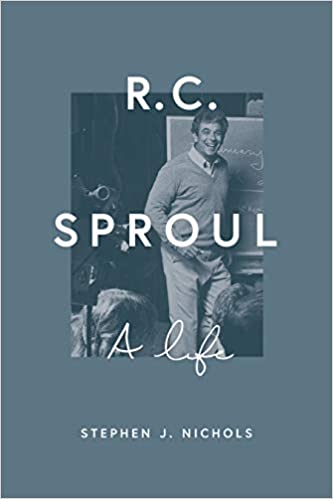
I fully confess to having a completely biased love for Dr. Sproul. God used him in my life in a mighty way. I have some theological differences with the man, as I do with everyone, but the blessings he brought to my life are incalculable. As such, reading this book brought joy to my heart, as I have a soft spot for Christian biographies. I need to hear stories of God’s faithfulness and the ways that he has cared for others and prepared other ministers for service. If you have any desire at all to know more about God’s grace to Dr. Sproul, this book should be a controversy-free purchase.
